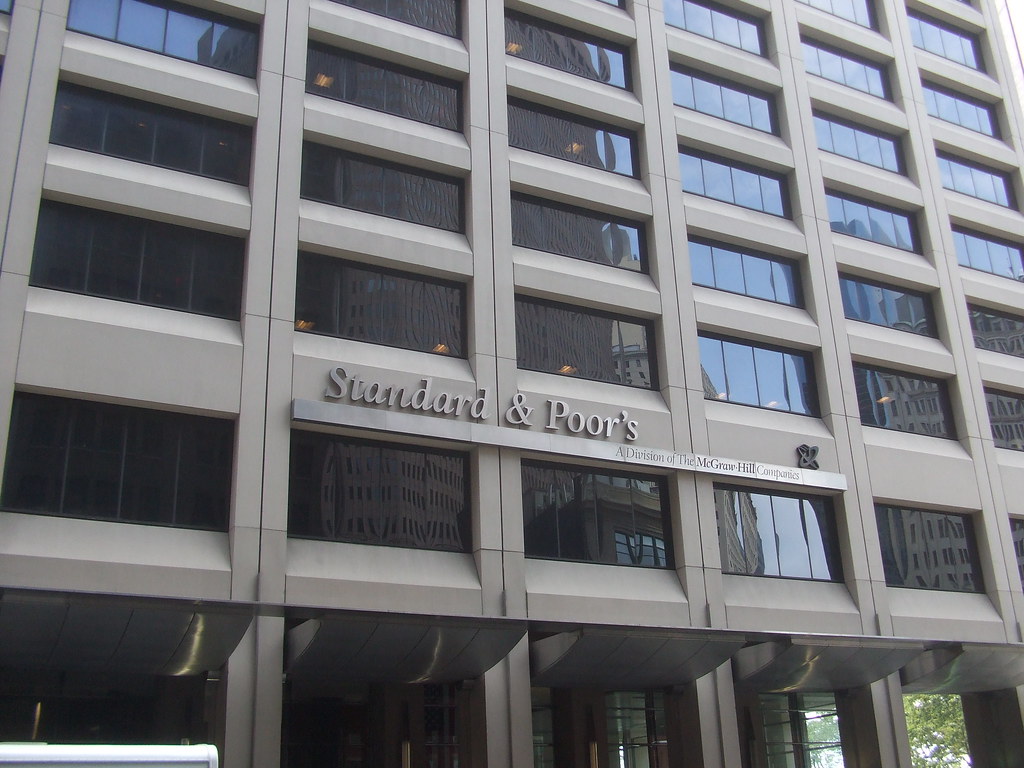BOSTON (Transatlantic Today) – Standard & Poor’s has reduced its rating of Russia’s capacity to repay international debt, raising the possibility that Moscow would default on external debt for the very first time in well over a century.
S&P Global Ratings downgraded Russia to “selective default” late Friday after Russia agreed to pay foreign bond payments in rubles instead of dollars on Monday. It stated that it did not anticipate Russia to be prepared to convert the rubles into dollars well within the required 30-day grace period.
S&P noted in a statement that its conclusion was based in part on its belief that Russia’s willingness and technical skills to comply with the terms and conditions of its commitments to international debt holders will be hampered in the coming weeks as a result of its assault on Ukraine.
A selective default rating occurs when a lender misses one payment but makes all others on schedule, according to an S&P official.
While Russia has stated that it is eager to pay its obligations, the Kremlin has also stated that if its abroad assets in foreign currencies remain frozen, it will do it in rubles.
After proof of suspected war crimes — the slaughter of people in the village of Bucha under Russian armed forces occupation — Russia’s sanctions were intensified this week, preventing Moscow from accessing any foreign reserves kept in US institutions to pay debts.
Russia’s ministry of finance stated Wednesday that it attempted to pay $649 million against two bonds to an unidentified U.S. bank — earlier identified as JPMorgan Chase — but the payment could not be accepted due to increased sanctions, so it paid in rubles.
According to ABC NEWS, International sanctions have severely strained Russia’s infrastructure, and S&P as well as other rating institutions have already downgraded the country’s debt to “junk” status, indicating that a default is extremely possible.
To unnaturally prop up the currency, Russia has utilized capital restrictions, other harsh measures, and revenues from gas and oil sales.
Since the Bolshevik Revolution in 1917, when the Soviet Union was formed, the government has never defaulted on its foreign debt. Even after the Soviet Union’s dissolution in the late 1990s, Russia was able to repay foreign loans with the support of international assistance. However, it did default on domestic debt.


























